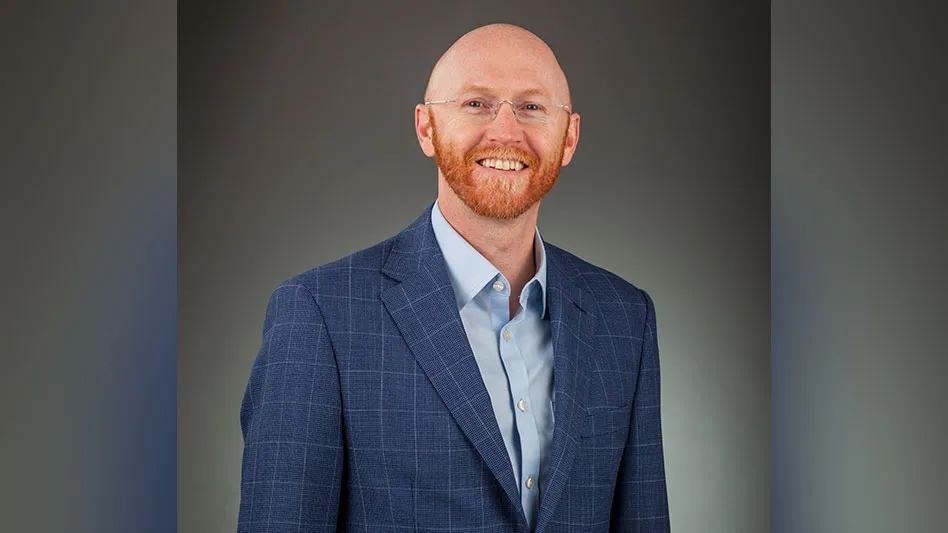

Ryan Contreras is a professor and associate head at Oregon State University, Department of Horticulture. While Ryan was getting his studying at North Carolina State, he worked with Dennis (Denny) Werner who is among the world’s leaders in woody plant breeding, particularly in buddleia. Some of the first research that Ryan ever conducted was looking at the chromosomes of honeycomb buddleia. At his Cultivate session, “Assessing the state of the art and science of buddleia breeding with a focus on sterility and regulation,” Ryan will discuss the new buddleia breeding work that’s been done and aligning that with what’s makes sense for regulation based on what the data shows in these cultivars.
What can attendees expect to learn at your talk?
RC: I am going to talk about work that’s been done on buddleia breeding related to breeding for less seedling production because it has escaped cultivation and has become a big issue as a weed in some parts of the country, including Oregon. I’ll talk about how that breeding intersects with regulation, and really, this is a bigger topic than buddleia. This is work that’s been funded by AmericanHort through HRI to fully access the breeding work and to see does the regulation that we’re currently using for these cultivars, and how they’re being evaluated here with the Oregon Department of Agriculture, meet the goal of preventing further spread of weedy or invasive plants while allowing growers to produce and sell and for gardeners to consume and plant plants that present little ecological threat.
Why should people consider attending?
RC: Well, I think it’s the most comprehensive evaluation of buddleia cultivars that I’ve seen, and wherever people are, this issue of weedy or invasive plants and regulation that is coming down in all of the states impacts us all. We ship 74% of our material that’s produced in Oregon elsewhere. We need to be thinking more about all the states, not just our home state because the nursery industry is an interstate commerce business. It’s built on that in a huge way, and this is a national issue.
What are some of the implications on future breeding efforts you’ll discuss?
RC: Currently in Oregon if you introduce an interspecific buddleia cultivar, it’s not regulated under the current rule in Oregon, and the idea with that was that hybrids have reduced fertility, they’re going to produce fewer seedlings. We evaluated 34 cultivars in Oregon, in a thorough fashion, and we found that some of the interspecific hybrids were actually extremely fertile. So, those should be regulated because they have just as much chance as straight buddleia davidii to escape cultivation and to colonize our riparian areas, which is where it’s been a problem for us in Oregon.
Why is the research important to the nursery industry?
RC: Whether we want it or not, regulation is here. It’s been here, and there’s going to be more regulation. I don’t want us as an industry to be regulated out of business. We need to take a proactive approach and have these discussions with the folks that are making the rules, so that they understand best what’s going on with these. It needs to come from a place of science, and we all need to understand the science, what some of these definitions are, and how to talk about it in an informed way.
Want to go?
Assessing the State of the Art and Science of Buddleia Breeding with a Focus on Sterility and Regulation
Sunday, July 16 at 9:30-10:20 a.m. Room C170

Explore the June 2023 Issue
Check out more from this issue and find you next story to read.
Latest from Nursery Management
- GardenComm 2024 Annual Conference registration is open
- Landmark Plastic celebrates 40 years
- CropLife applauds introduction of Miscellaneous Tariff Bill
- Greenhouse 101 starts June 3
- Proven Winners introduces more than 100 new varieties for 2025
- CIOPORA appoints Micaela Filippo as vice secretary-general
- Rock Star Roses
- The container challenge





